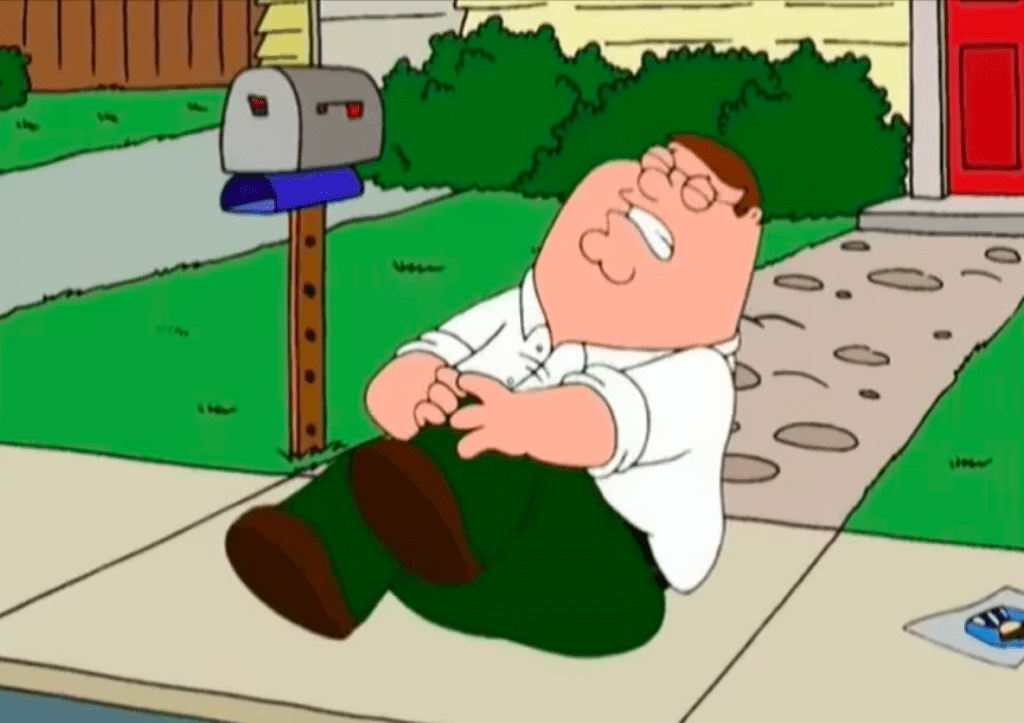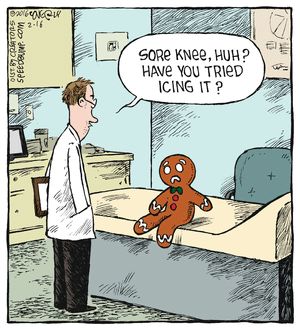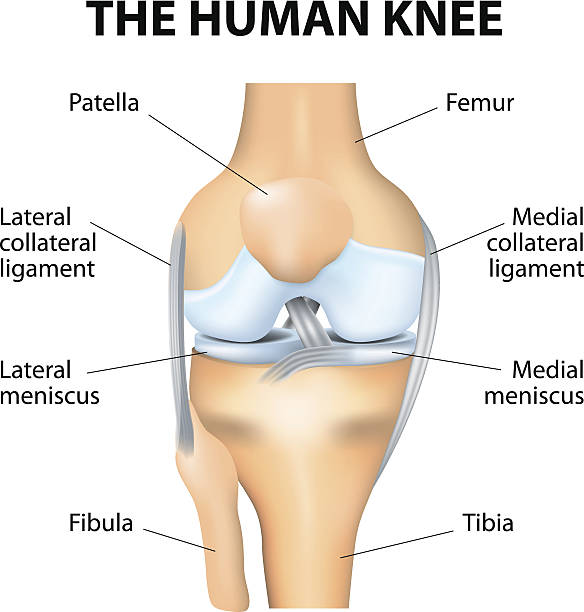What’s a Knee Pain Specialist?

Let’s talk about knee pain specialists. 👨⚕️
Because your knees are kind of important. And when they stop working right, you need someone who knows what they’re doing.
What’s a knee pain specialist?

A knee pain specialist is a medical professional trained to diagnose and treat conditions related to knee pain.
These docs live and breathe knee problems.
Types of knee pain specialists
And they come from a lot of different backgrounds:
- Orthopedic Surgeons – These specialists focus on the musculoskeletal system and are trained to perform surgeries when needed. But they usually start with conservative treatment options before recommending surgery.
- Sports Medicine Physicians – For athletes or active people, these specialists focus on non-surgical treatments for knee injuries.
- Physiatrists – Also known as rehabilitation physicians, physiatrists specialize in non-surgical treatments and rehabilitation for musculoskeletal issues. They work closely with physical therapists to create recovery plans.
- Rheumatologists – If knee pain is caused by inflammatory conditions like rheumatoid arthritis, a rheumatologist can give specialized care to manage symptoms and improve joint function.
- Physical Therapists – Physical therapists develop exercise programs that strengthen the muscles around the knee and improve flexibility 1.

Common causes of knee pain
Your knees can hurt for a bunch of reasons:
- Osteoarthritis – A degenerative joint disease that causes the cartilage in the knee to wear down over time.
- Ligament Injuries – Injuries such as anterior cruciate ligament (ACL) tears are common in sports and cause pain and instability.
- Meniscus Tears – The meniscus is cartilage that cushions the knee joint; tears can happen from twisting motions.
- Tendinitis – Inflammation of tendons around the knee, often seen in athletes who do a repetitive movement every day.
- Bursitis – Inflammation of the bursae (small fluid-filled sacs) that cushion the knee joint, often caused by overuse or injury 2.

When should you see a knee pain specialist?
Look, some knee pain goes away on its own. But here’s when you need to get it checked:
- Pain that won’t quit
- Swelling that makes your knee look like a grapefruit
- Can’t put weight on it
- Weird popping sounds (not the normal ones)
- Can’t bend or straighten it all the way 3
Diagnosing the issue
To accurately diagnose knee pain, the specialist may perform:
- Physical Exam – An assessment of your medical history and physical condition.
- Imaging Tests – X-rays and MRIs give detailed images of bone and soft tissue structures within the knee.
- Arthroscopy – A minimally invasive procedure where a small camera is inserted into the joint to see damage.
Treatment options (from mild to intense):
- The basics:
- Anti-inflammatory meds
- Physical therapy (strengthen muscles around the knee, improve flexibility and stability)
- The middle ground:
- Cortisone shots (temporary relief)
- Hyaluronic acid (fancy lube for your joints)
- PRP therapy (they spin your blood like a smoothie and only reinject the good stuff)
- The big guns:
- Arthroscopic surgery
- Knee replacement (when everything else fails)
- Osteotomy (realigning bones to relieve pressure on the joint)
How to find a good knee pain specialist
When selecting a knee pain specialist, consider:
- Credentials and Experience – Look for board-certified specialists with experience treating your specific condition. Ask for their stats on previous outcomes for your procedure.
- Team – Look for a team that includes different specialists (orthopedic surgeons, physiatrists, physical therapists). One doc never knows everything.
- Patient Reviews – Research feedback from other patients about their experiences with treatment outcomes and overall satisfaction.
Bottom line:
If you’re dealing with knee pain, seeing a knee pain specialist can really make a difference.
They know how to diagnose and treat issues that can affect your knee, whether it’s from an injury or something more chronic. The sooner you get help, the better your chances of finding relief and getting back to doing the things you love.
Don’t wait too long—if your knee pain is sticking around, reach out to a specialist. They can help you figure out the best treatment plan for your situation and get you moving without pain again!


